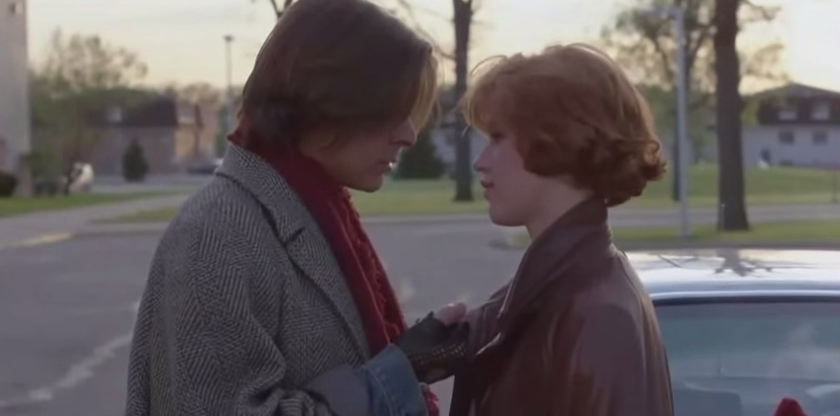
The Breakfast Club
John Hughes introduced the world to Long Duk Dong, created Macaulay Culkin’s iconic hands-on-face scream and gave Ferris Bueller a day off. But perhaps his greatest triumph in defining those awkward and confusing teenage years came in the form of The Breakfast Club, which celebrated its 30th anniversary last month.
Hughes wrote and directed the 1985 classic, assembling the actors of the Brat Pack who would go on to take over cinema for the rest of the ’80s. Like much of Hughes’ ouvre, The Breakfast Club labels its stars as high-school stereotypes — such as Molly Ringwald as the princess and Anthony Michael Hall as the nerd — before throwing them into weekend detention together.
But what begins as a typical ’80s high-school comedy premise quickly transforms into a more evocative experience. As each of the respective walls of the Breakfast Club members comes down, we learn about the individuals behind the labels and how high-school woes are universal. Whether it’s Hall’s Brian revealing his suicide attempt or the daddy issues of Andy, played by Emilio Estevez, The Breakfast Club works to create a true coming-of-age film that bucks obvious trends.
It helps that the cast features a collection of actors truly dedicated to their unique parts in the film. Ally Sheedy combines an unhinged comedic sensibility with hidden vulnerability in her basket-case character Allison, while Assistant Principal Vernon, played by a sharp Paul Gleason, represents the relentless authority figure without becoming a ridiculous cartoon.
And if The Breakfast Club has a true star, it’s undoubtedly Judd Nelson as John Bender. Lanky-haired and intense, Nelson effortlessly captures the ’80s bad-boy persona with comedic charm and surprising emotional gravity.
But The Breakfast Club’s legacy carries on 30 years later because of the detailed nature of each of the film’s scenes, many of which deserve to be counted among the cinematic greats. Just thinking about the film brings to mind a handful of legendary moments, such as the antagonistic Bender-Vernon banter, the signature dancing in the library or Allison’s truly special and artistic use of her dandruff.
And that ending — The Breakfast Club’s conclusion stands out among the best high-school dramedies. The shared voiceover reading of the group essay, which definitely feels a few hundred words too short, but nonetheless reveals the film’s message of looking past the petty pigeonholes of high school; the soundtrack (Simple Minds’ pitch-perfect earworm of a song, “Don’t You (Forget About Me)”); and John’s celebratory fist pump all perfectly punctuate the small triumph of five teenagers.
Thirty years later, no movie can compare to The Breakfast Club’s ambitious and novel take on high school. Even as the film’s iconic moments have been parodied to death and the careers of the Brat Pack have largely fizzled, The Breakfast Club reigns supreme as an ageless time capsule of Hughes and these actors at their best.



